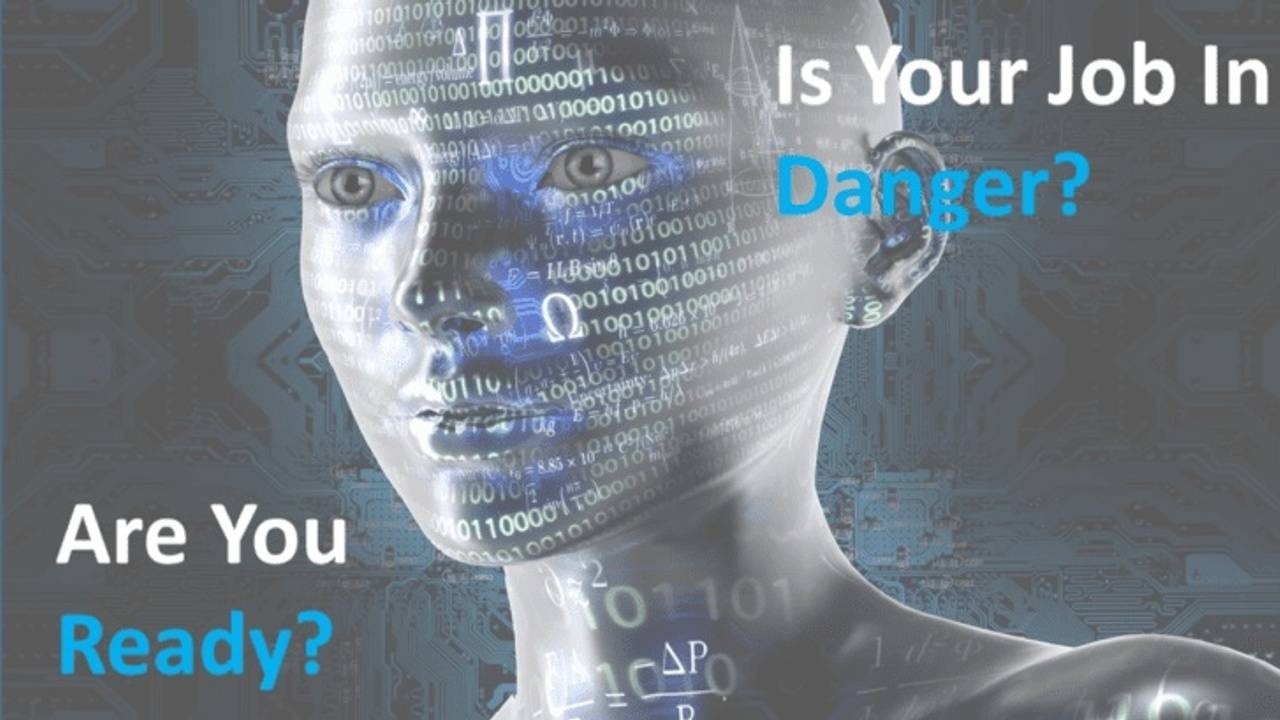Will Artificial Intelligence Really Take My Job?
Aug 02, 2017
Artificial Intelligence, or AI, is hot topic these days. Along with robotics and automation, depending on who you listen to AI is either the most wonderful or most disastrous development in human history. Will AI take your job away? Will it free you from boring or dangerous tasks so you can enjoy life? Will it lead to World War III or a Star Trek like Utopia? Will you be struggling to put food on the table or living and playing on the beach all day? The stories in media paint a picture of one extreme or the other.
Where does that leave you? Should you be worried or not?
We are in the early stages of a technology-driven industrial revolution, The Fourth Industrial Revolution, that is both eliminating and creating jobs. What makes this time the start of an industrial revolution is more than a few technological advances. What we are seeing are not only new technologies but advances across a wide swath of industries from materials science to medicine, finance, and business. With time, all of these advances will begin to benefit and be used by each other to create new advances. Just like the need for blacksmiths and weavers were replaced in the First Industrial Revolution many of the jobs we see today will be replaced. Just like back then we don't know which jobs will be replaced and which new ones will be created. Some people will often half-seriously joke that at least the robots will need to be maintained and repaired by people. Don't count on it. And it's not an answer for everyone anyhow.
Don't get caught up in the high-level hype.
It doesn't matter if 100 jobs or 100 million jobs are eliminated by AI. What matters is what happens to you, the company you work for and your job.
You need to understand, personally. the changes that are happening now and that are coming in the future that impact not only your job directly, but your industry and the company you work for. These last points are particularly important to pay attention to, as industries, business models and companies are disrupted. Being an outstanding performer on the RMS Titanic does you no good.
Before you can prepare yourself for the changes, start by getting a high-level understanding of the changes coming from the Fourth Industrial Revolution, beyond AI, robots and automation. This will help you not only understand where risks to your career may come from but also identify opportunities for your future. What makes this the Fourth Industrial Revolution is a combination of broad technological advances, the convergence of these technologies, a transformation of energy sources and power, new business models and, of course, disruption.
Perhaps the most familiar industrial revolution was the first, when the first mechanized automation occurred. Precision machining led to interchangeable parts, steam engines became a new source of power for machines, and skilled, entrepreneurial craftsmen were replaced by machines and unskilled labor that operated them.
Today, we are seeing advances not only in AI, robotics and automation but also new materials (like graphene), new production processes (3D printing), new ways to interact with work and each other (virtual reality/augmented reality/mixed reality), energy revolutions (unconventional fossil fuels, solar, batteries, etc.). Just as the First Industrial Revolution had new frontiers opening in the New World, today we see the commercialization of space and even settling off Earth as real possibilities. There are advances in genetics and bio-engineering that will both directly impact our bodies and augment our capabilities as well. We’re also seeing economic and business changes with the sharing and gig economies, as more and more people and companies turn to contract workers to meet their needs.
The Business of You - Use a SWOT Analysis
How do you respond to all these changes and know what to do now and in the future? Start by taking a page from the business playbook and applying it to The Business of You — a SWOT analysis. SWOT stands for strengths, weakness, opportunities and threats.
Start by making a list of your strengths. Be sure to include not only your learned technical skills but also soft skills, interests and passions. Next, move on and make a list of your weaknesses. Which of these are areas where you can improve on and which are areas you shouldn’t bother focusing on? Ultimately you want to focus on your strengths, but some weaknesses need to be addressed to get to at least a basic level of competence (familiarity with computer technology, for example). What opportunities are there for you now and in the future? Do you see an application of new technologies that you would like to work with in the future? Lastly, what threats are there to your current job and long-term career? How will these developing technologies put your career at risk?
Should you be scared, excited or unconcerned about the technological changes we are seeing unfold? With your eyes wide open to the risk and opportunities, the good news is you can start preparing today for an exciting future. The future is coming, one day at a time.
Are You Ready?
___________________________________
Join our Facebook Group Future Proofing You for more information about technology, job trends and what you can do.
Learn the 7 Steps to build a successful career regardless of the turmoil and disruption of the 21st Century. Download this comprehensive guide now!
Stay connected with news and updates!
Join our mailing list to receive the latest news and updates from our team.
Don't worry, your information will not be shared.
We hate SPAM. We will never sell your information, for any reason.

